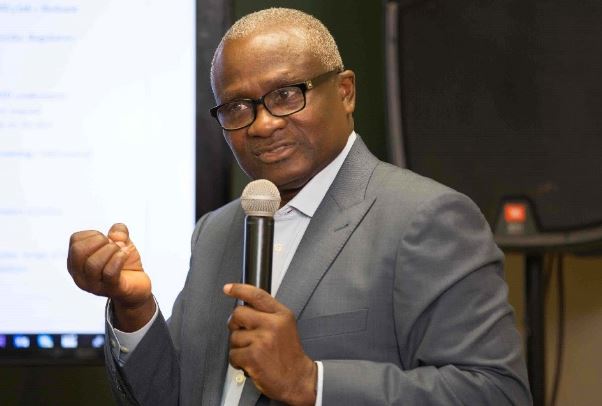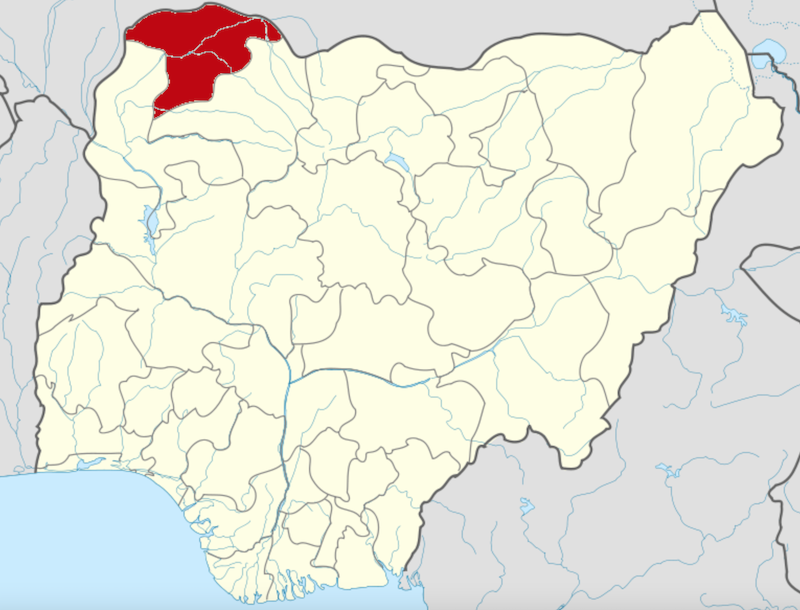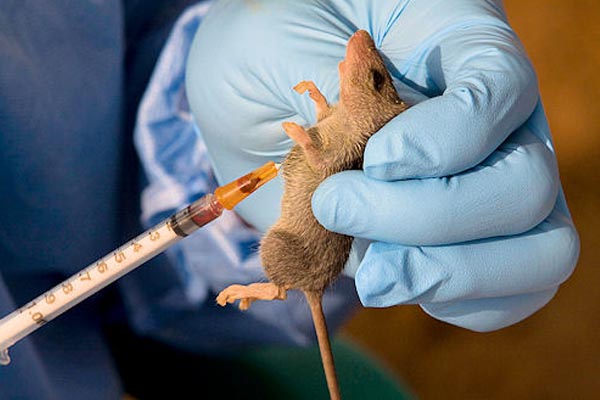The Cross River Government has confirmed one case of Mpox in Okoshe community in Obudu Local Government Area.
The confirmation is coming a few days after the Nigeria Centre for Disease Control, (NCDC) reported a case in the state.
The Mpox case was initially denied by the State Commissioner for Health, Dr Henry Ayuk.
However, Ayuk, while addressing newsmen in Calabar on Sunday, said that the National Reference Laboratory in Abuja confirmed the presence of Mpox in one patient in Obudu.
He explained that the ministry of health was alerted to a possible case of Mpox or chickenpox on Aug.19 by an Ebonyi Epidemiologist.
”The patient, a female resident of Okoshe village in Obudu, sought medical care at the Federal Medical Centre in Abakaliki.
“Her test sample was sent to the National Reference Laboratory, and the result, which returned on Saturday, Aug. 24, confirmed Mpox and ruled out chickenpox,”Ayuk said.
The commissioner said that the state government was working to prevent a possible outbreak in the area.
“While we are still investigating the patient’s travel history, the state government is taking immediate action to contain any possible spread in Obudu,” he assured.
The commissioner said the ministry had ordered for immediate activation of the Mpox Emergency Operation Center to strengthen the response.
He said Dr Ekpo Ekpo, Special Adviser to Gov. Bassey Otu on Health, has been appointed as Incident Manager.
He also directed the Obudu LGA response team to collaborate with the state health team to mitigate efforts immediately.
The Nigeria Medical Association (NMA) in Cross River appealed to the state government to enhance surveillance measures, citing the state’s vulnerability to such outbreak.
NAN reports that the NCDC on Friday announced that the country has recorded a total of 40 confirmed cases of mpox out of 830 suspected cases.The NCDC Director-General, Dr Jide Idris, made this announcement at the Joint NCDC/World Health Organisation National Mpox briefing with stakeholders and partners in Abuja.
The WHO Nigeria Country Office disclosed that Nigeria would be receiving doses of the mpox vaccine through a donation from the United States Government.
Idris noted that an Emergency Operations Centre and an Incident Management System have been established since mpox was declared a Public Health Emergency of International Concern.
The NCDC said the cases recorded are Bayelsa, Cross River, Ogun, Lagos, Ondo and Ebonyi,
The centre saus some states have also been put on high alert including Lagos, Abuja, Enugu, Kano, Rivers, Cross-River, Akwa-Ibom, Adamawa, and Taraba.
The centre said that the National Mpox Technical Working Group (TWG), is coordinating Mpox response activities.








